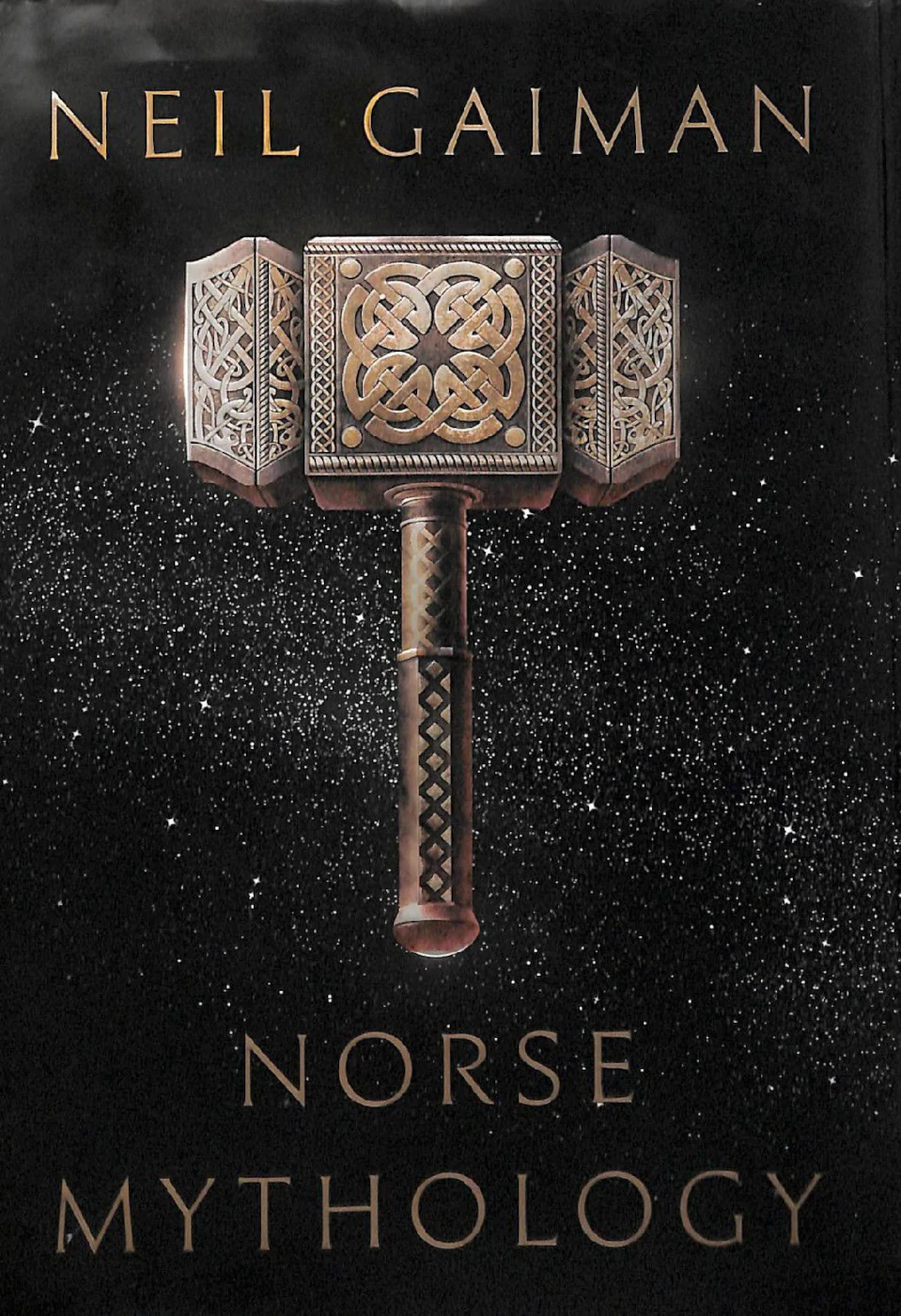
Norse Mythology, by Neil Gaiman
Words By Dani Hedlund
When an author becomes as renowned as Neil Gaiman, our expectations are high. There is little leeway in our fanfare, as we wait to be wooed with the same splendor we experienced a decade ago—when we first cracked open Sandman or American Gods.
But a part of us also anticipates disappointment. So many innovative authors seem to run out of ideas, laying things on the page just to appease the cries of fans and publicists alike.
For those of you expecting this from Gaiman’s new book, Norse Mythology (out on February 7, 2017)—don’t. Once again, Gaiman’s masterful storytelling transcends our most vivid dreams, exploring ancient territory from a fantastically fresh perspective.
The premise feels straightforward: Gaiman takes his favorite Norse myths and retells them. From the origin of existence—gods emerging from armpits and licked from blocks of ice—the nine worlds come to life. At the throne of Asgard, we discover how Odin lost his eye, how he gained his wealth of mystical knowledge, what the two ravens on his shoulders whisper.
We watch the brothers, Thor and Loki, hurled on adventure after adventure—most of which are solved (or caused) by Loki’s trickery. We discover what childish prank brings the great hammer, Mjollnir, into Thor’s hands. We laugh at the brothers’ antics, from cross-dressing to giant slaying. We hold back tears as we witness the consequence of the gods’ fears, of their follies turned fatal.
We also learn, much to our dismay, how the world will end.
For all these tales are pieces of a grander puzzle. It is only when the ending crescendos—Ragnarok finally erupting—that we realize not a single myth is frivolous, not a fact out of place. They were all leading us to this one moment: to the end of all things.
In this startling collection, these myths are not simply retold; Gaiman recreates the experience of telling them. In a fatherly (or perhaps all-fatherly) tone, Gaiman’s beautiful prose invites us to curl up beside him, to listen to stories in the same way we would as children: engrossed and enraptured by the magic of myth.
If the world laid out in American Gods were true—if the ancient gods slowly wither away when we stop believing in them—then it’s easy to imagine the effect Gaiman’s Norse Mythology would have on its characters. Like the apples of immortality, this book will breathe new life into these old gods, reminding us of the power that great storytelling still holds over us all.